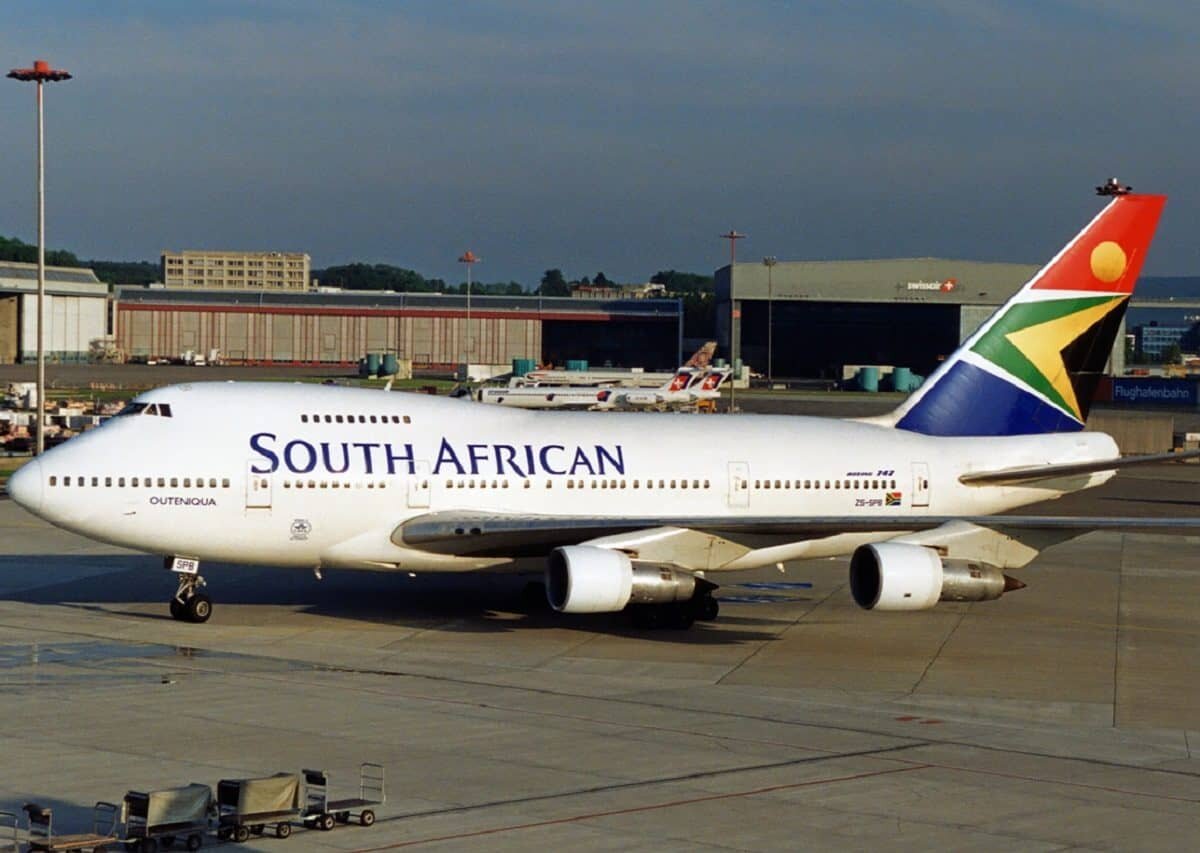
In a response to the recent 44 percent devaluation of the Malawian currency, South African Airways (SAA) has announced cancellation of its route between South Africa and Lilongwe or South Africa and Blantyre in Malawi.
This is contained in a press statement dated 21st November, 2023 in which the company has cited the current economic challenges the country is sailing through as the major contributing factor and says it will cancel all its services in Malawi come 30th November, 2023.
“South African Airways (SAA) will suspend service to Malawi (Lilongwe and Blantyre), due to the recent economic challenges in Malawi. In an industry alert last week, SAA mentioned that it was monitoring the situation of substantial devaluation of the Malawian Kwacha, acute foreign currency shortages, and the escalation of blocked funds, closely before making the difficult decision to cancel its route to Malawi. The suspension of services to Malawi is effective from Thursday, 30th November 2023,” reads part of the statement.
In the same statement, SAA’s Chief Executive Officer, Professor John Lamola, is quoted saying SAA’s decision to cancel the route is a carefully considered risk management intervention in response to Malawi’s current economic challenges.
“This move should not be interpreted as a step back from the airline’s commitment to serving the people of Malawi and promoting trade links between South Africa and Malawi. As the new leadership of SAA – and as a small but growing airline – we cannot commit to routes that are not financially sustainable.
“SAA values its relationship with the Malawian market and thanks its customers for their understanding and continued support during these challenging times. We will continue to closely monitor the situation. We remain open to resuming the route to Malawi as soon as the situation warrants the substance of financially efficient operations from this route,” said Lamola.
The development comes barely fays after SAA announced suspension of air ticket sales and it as well indicated that it would monitor the situation after the Kwacha’s 44% devaluation and foreign exchange shortages.














